Inclusive participation

Citizens can influence decision-making by participating in inclusive and fair elections, where all citizens have an equally weighed vote and equal access to opportunities for participating in democratic processes during and in between elections. Political competition requires a level playing field between different political actors.
Institutional control

Democracy requires horizontal accountability between the different branches of government, as well as vertical accountability between government, citizens and private actors - including tech companies. Institutions safeguard the power balance between public and private actors and uphold the rule of law.
Information space

A pluralistic, competitive information space is a precondition for inclusive participation. This includes a pluralism of viewpoints and independent investigative media empower citizens to participate in decision-making and hold public and private actors to account.
Civil liberties

As the basis of any democratic society, civil liberties need to be protected and promoted. In a democratic society, individuals are free to speak their mind against the government and they are free to gather with whom they choose. This means that every person is free to choose which life they want to lead, and can do so in privacy.
How to use the Navigator?
There are two main ways in which the Navigator can be used: ex-ante, before any policy proposal is put forward, therefore serving an analysis function, or; ex-post, when specific policy proposals are in place or have been proposed, serving an evaluation function.
Analysis function: The technology questions will facilitate an analysis of the status quo and the implications that a lack of regulatory intervention in a particular sector has on democracy. It can therefore serve as a framework for creative and critical thinking, allowing its users to think about, among others, what the current problems are, how they affect democracy and why - in which way -, and what the best ways to address them would be.
Evaluative function: After the technology questions, the navigator can be used to evaluate a policy; this can be both a specific policy proposal, adopted legislation or simply the ideas that are circulated for a particular policy problem. The navigator will then facilitate your evaluation of the policy and help establish its potential positive and negative effects on democracy.
The development of this tool was funded by the civitates fund.






